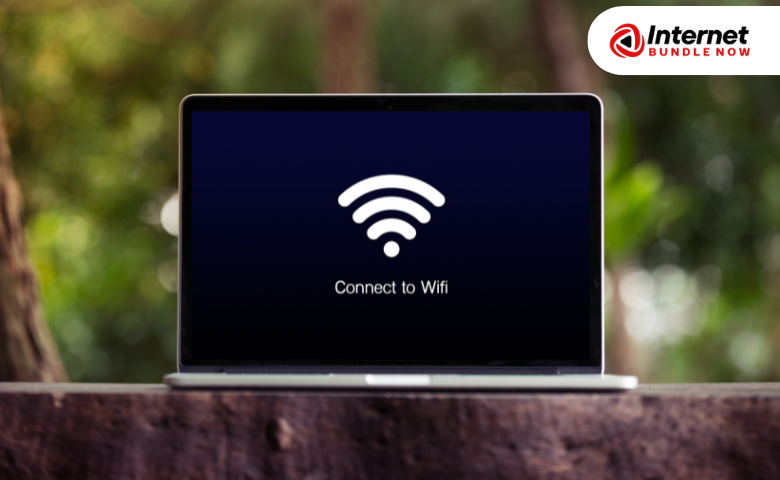- TV
How to Get Premium Channels with Your Cable TV Bundle?
Access to exclusive entertainment content is a priority for many viewers seeking a richer television experience. Premium chan...
Explore More
In today's digital age, a stable internet connection is not just a luxury—it's a necessity. Consistent wifi connectivity is crucial whether you're working from home, streaming your favorite shows, or gaming online. However, one common issue many users face is their wifi connection frequently dropping. Why does this happen, and what can you do to fix it?
This blog post aims to demystify the reasons behind wifi disconnects and provide actionable steps to ensure a stable connection. By understanding the root causes and implementing the right solutions, you can enjoy a seamless online experience.
Before proceeding with the troubleshooting steps, it's essential to understand the underlying causes of wifi disconnects. These issues can be categorized into technical and environmental factors.
Wifi operates on radio frequencies, typically 2.4 GHz and 5 GHz. These frequencies can be susceptible to interference and signal degradation. Additionally, the quality of your wifi network depends on the standards your router supports.
Now that we've covered the potential causes, let's explore how to diagnose and solve common wifi issues.
Advanced Solutions
If basic troubleshooting doesn't resolve your connectivity issues, you may need to explore advanced solutions.
If you've tried everything and still face issues, it might be time to seek professional assistance. A network specialist can help identify and resolve complex problems and recommend future-proofing strategies to keep your wifi stable as technology evolves.
The Role of Internet Service Providers
Your ISP can play a significant role in the stability of your wifi connection. Here's how they can help:
At Internet Bundle Now, we understand the importance of stable wifi for everyday needs. We offer various support services and packages designed to optimize your internet experience. Whether you need technical support, equipment recommendations, or an upgrade plan, we're here to help.
A stable wifi connection is essential for both home and work use. You can significantly improve your connectivity by understanding the common causes of wifi disconnects and following the troubleshooting steps outlined in this post.
If issues persist, don't hesitate to seek professional help or consider upgrading your internet plan. Understanding your ISP's role and leveraging their support services can also make a big difference.
For expert guidance and premium internet packages, contact Internet Bundle Now. Let's ensure your wifi connection is as seamless as the experiences you seek online.
Call to Action: Ready to elevate your internet experience? Contact Internet Bundle Now today to explore our specialized support and premium packages. Enjoy uninterrupted wifi and stay connected effortlessly.
Latest insights, tips, and updates from our experts.
Admin
Why Does My Wifi Keep Disconnecting